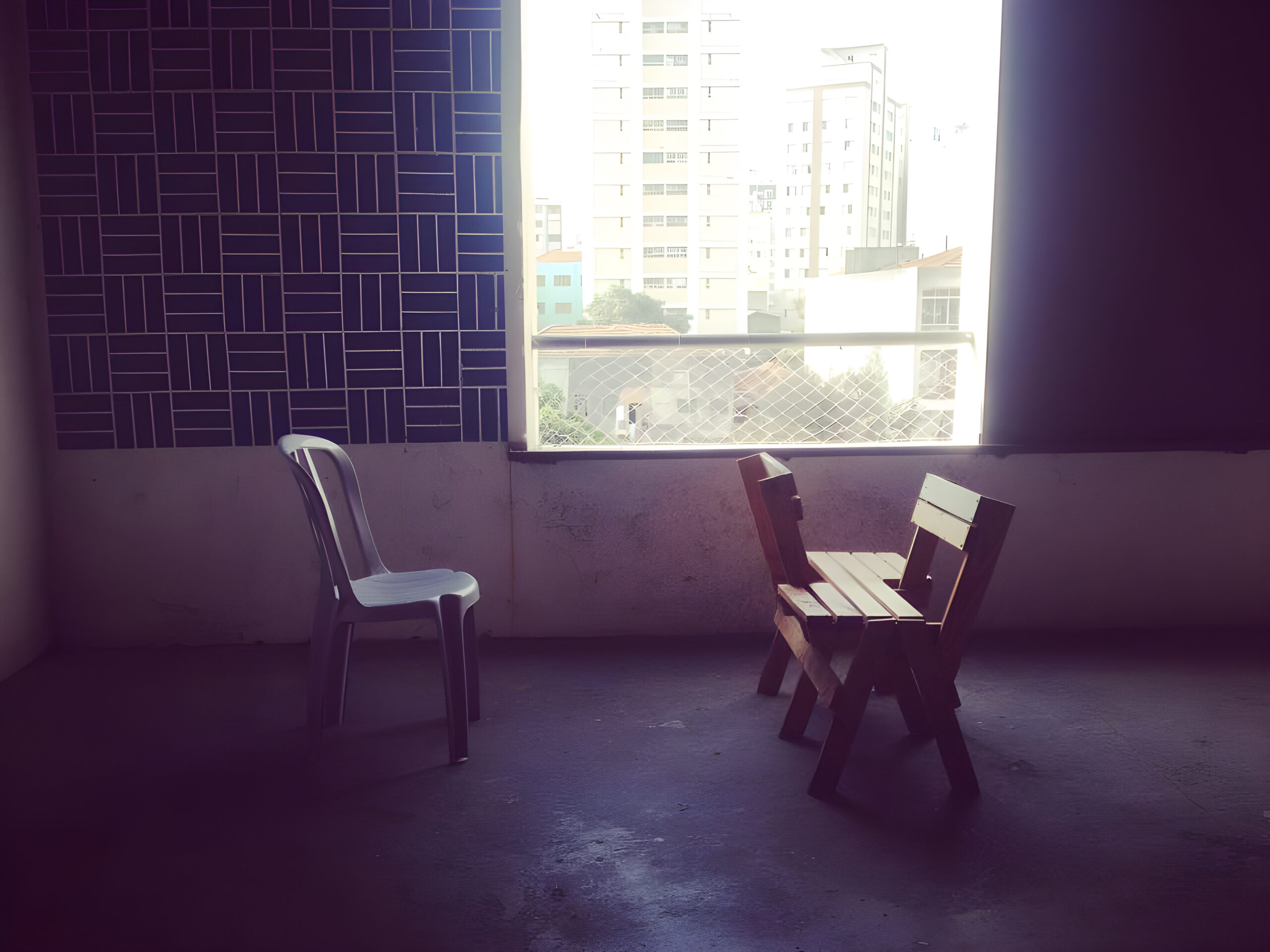Our research collective is hosting a series of panels on the theme of ‘Mental Health Commons: Fantasy, Utopia and Infrastructure’ at the upcoming Midlands Conference in Critical Thought, happening on April 5-6 at Nottingham Trent University.
The event is in-person only, free to attend and open to all, non-hierarchical and de-centralised. We are expecting a dynamic and really interesting conference and few days, as this is the first Midlands offshoot of the traditional and radical London Conference in Critical Thought, which happens every year since 2011. If you are interested in joining us for this exciting event in Nottingham, just register for free on the conference’s page here and secure your tickets.
Our stream will count with five different panels, with scholars of different countries, generations and conceptual orientation. It all promises a very creative and unmissable debate.

Continue reading to learn some more on our working-concept of ‘mental health commons’ and to have a look at the paper titles and participating speakers of our panels over Friday and Saturday. You can also download the short programme and the full programme of the whole conference on their website.

What are ‘mental health commons’?
Are there forms of commoning that take shape in the field of mental health, which can reconfigure the way we think about fantasy, utopia and infrastructure? This strand invites contributions ranging from history, to psychoanalysis, social and cultural theory, to ethnography and beyond, which aim to understand practices related to commons and undercommons (Harney & Moten 2013) in the field of mental health. We ask how the offer of care can be organised in a radical way, reconfiguring states of fantasy and crystalising utopias in the social field at large, and, by doing so, create new infrastructures, where resources can be arranged in alternative anti-capitalist, antiracist and antipatriarchal ways. Mental health commoning is the work of actively weaving and sustaining communities of collaboration and action around the dimension of life that has to do with psychic suffering. Commoners of radical mental health initiatives manufacture and use resources and goods by collectively creating rules of production and use, improvising and revisiting these rules on an ongoing basis, in response to particular socio-ecological situations. Such initiatives, experiments and practices prefigure new modes of self-governance grounded in the common participation of all people, horizontality, anti-hierarchy, in pluralism and openness. This strand aims to further conceptualise ‘mental health commons’, as well as to document sites, cases, collectives and practices which can ground these conceptualisations. This strand has a particular focus on ‘infrastructures’ for mental health commons. As the ecological crisis is deepening and taking ever more forms, various thinkers turn to some idea of ‘infrastructure’ to capture and reimagine how life (including movements of resistance) changes from within itself, from within the scene of experience. Marxists, feminists, anarchists, cultural theorists (such as Lauren Berlant 2022) are turning away from ‘structure’, to the everydayness of the generation of forms of life in various fields of practice. This articulation of ‘mental health commons’ and ‘infrastructures’ stems from the work of a research collective interested in psychoanalytic free clinics, their legacies and practices.
Mental Health Commons: Fantasy, Utopia and Infrastructure
PANEL 1 FRIDAY APRIL 5th 9:30-11:00
‘Writing Out of This World’: Restoring Texts from the Archive of Psychosis. Author: Matt ffytche (University of Essex, UK)
Dig a hole and step inside: On collective wounds and artistic interventions in public sites. Author: Magda Schmukalla (University of Essex, UK)
PANEL 2 FRIDAY APRIL 5th 11:30-13:00
The movements of listening: Cartography of the psychosocial care offered to immigrants, refugees, and asylum seekers. Author: Gustavo da Silva Machado
Dispersed Transference: Francesc Tosquelles and the Saint-Alban Hospital. Author: Candela Potente
PANEL 3 FRIDAY APRIL 5th 14:00-15:30
Conversations and Scraps: Free clinic experience in a southern Brazilian city. Authors: Gustavo da Silva Machado, Fabiana Wolff Kogi, Isadora Sammi Clausen, Jade da Silveira Fraga, Kleriane Napp Ribas, Vitoria Martins Limas.
Psychoanalysis and the politics of common. Authors: Aline Rubin, ClaricePaulon and Augusto Coaracy (São Paulo, Brazil)
The boom of ‘Social Clinics” of psychoanalysis in Brazil from 2017-2022: Current movements and their discourses. Author: Paula Costa Camarão, University of São Paulo, Brazil
PANEL 4 FRIDAY APRIL 5th 16:00-17:30
The Psychoanalytic Treatment of Psychosis: Towards a Psychosocial Ethnography and a Clinical Anthropology. Author: Alexander Miller
In Defense of Psychosis. Author: Kendra Terry
Jung’s Approach to Psychosis – A Relevant Model for the Present Day. Author: Andrew Howe
PANEL 5 SATURDAY APRIL 6th 9:30-11:00
Alone Together: A Brief Inquiry into Political Economy of Affect and Emotion. Author: Rifki Akbar Pratama
Considerations on the Popular Teaching of Psychoanalysis. Author: Luíza Girolamo Canato Magro
Midlands Conference in Critical Thought 2024: Centre for Policy, Citizenship and Society + Department of Social and Political Sciences, Nottingham Trent University.
Venue – Nottingham Conference Centre – Burton Street, Nottingham, NG1 4BU.
April 5th to April 6th, 2024
Register for free to attend this event in person.

